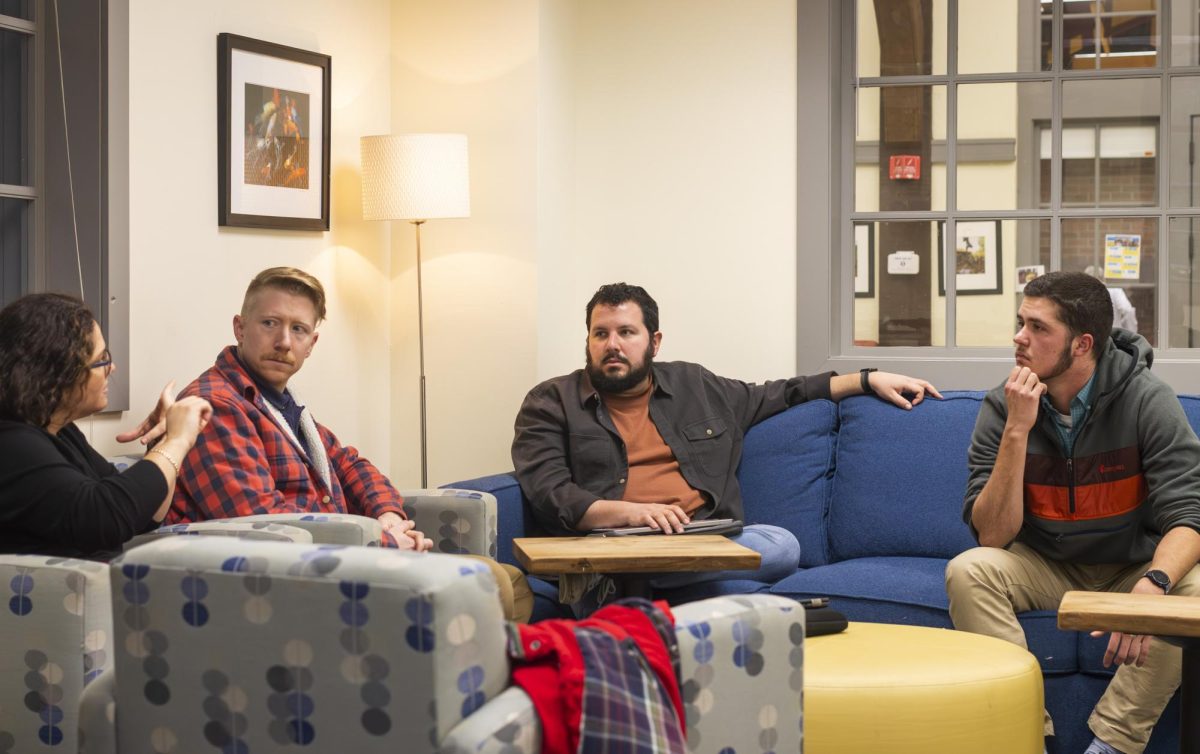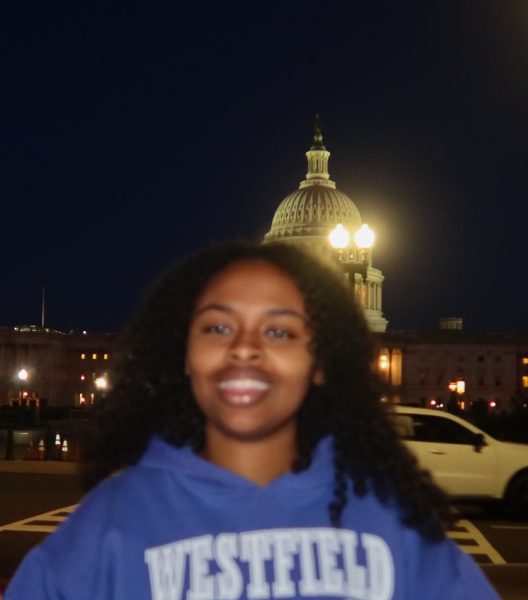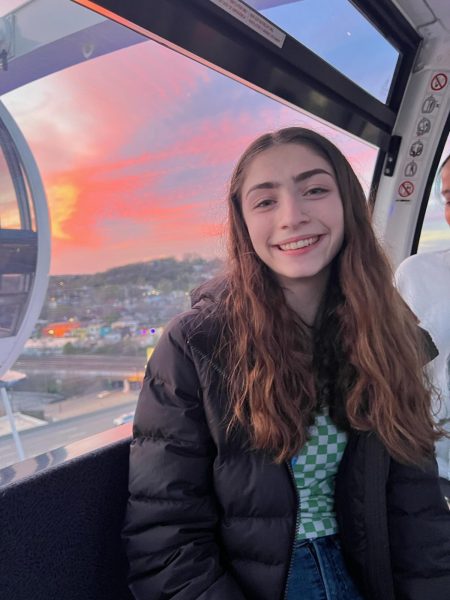As the ongoing war in Gaza and its ramifications continue to hit close to home for some Lakesiders, the history department, in collaboration with Lakeside’s Diversity, Equity, Inclusion, and Belonging (DEIB) team, is preparing to launch its newest resource: opt-in discussion spaces for students grappling with the complexities of the conflict, both intellectually and emotionally.
The process of creating the discussion spaces has not been simple. Behind the resource is a task force consisting of Upper School history teachers Ms. Rawles, Mr. Verzuh, and Mr. Souser (who also teaches Understanding the Modern Middle East), English teacher and Jewish Student Union advisor Mr. Downing, Head of DEIB Profe Bensadon and a Middle School French teacher.
In the early days of the war, Mr. Verzuh says that the history department was asked by administrators to prioritize “emotionally supporting” students. Profe Bensadon emphasized this priority in the first and only schoolwide communication on the conflict, an October 10 email notifying students that the DEIB team and counselors were hosting a “meeting space in the counseling center for connection, care, and emotional support.”
Although the counseling spaces were initially popular, students stopped attending after a couple of weeks, and Profe Bensadon says some students requested a list of educational resources to learn about the conflict. It was clear that students’ needs were expanding.
Mr. Verzuh was on the same page. Though, eventually, many history teachers at least briefly addressed the conflict in their classes, he believed that the department should do more: “I felt like that wasn’t enough [given the] impact and intensity of the events unfolding … It didn’t feel in alignment with my values to just talk about it one time and then let it go.”
Thus, Mr. Verzuh proposed opt-in discussion spaces. Building off his ideas, the task force surveyed student opinion on three potential offerings: a space for students unfamiliar with the conflict hoping to learn the basics; one for those seeking a human connection in the face of a conflict that inspires so many different emotions; and one for students familiar with the conflict looking to gain a more nuanced understanding.
The discussion spaces as realized will be a mix of those three ideas. Profe Bensadon explains that each meeting will begin with 20 minutes of “skill building” on topics like active listening, respectful questioning and disagreement, and self-awareness. Next, there will be 20 minutes of education on a particular topic, different each session: “Maybe we’re going to address a particular term that you’re seeing thrown around on social media … or one particular theme” surrounding the war in Gaza.
An open discussion will take place in the last 20 minutes, allowing students to engage in productive dialogue using their newfound skills. Hopefully, in the future, the focus will be more on the discussion itself, but Profe Bensadon recognizes that towards the beginning, it is crucial to set norms of respect and compassion. As Mr. Souser says, “One of the things we have to focus on most is pulling back from a mindset of winning or competing … A dialogue is not a debate … Nobody wins a dialogue and there’s not necessarily even a resolution.”
The opt-in spaces have yet to roll out, partially due to an ongoing gauging of student needs, which Profe Bensadon explains have been shifting quickly. “Yes, we could have done things a little a little sooner. Fair enough, and we’re working on it … But we’re doing this really intentionally and carefully,” she says. When the history department and DEIB team surveyed students about their interest in the opt-in spaces, the results were a mix of ideas and desires. Mr. Souser recounts that a “surprising number” of students responded that they would attend a current-events discussion series on another topic but were not interested in sessions on Israel and Gaza. Overall, however, he estimates that a majority of students said they would attend at least one of the proposed spaces.
Profe Bensadon explains that, thus far, the opt-in spaces have not been developed enough to warrant notifying the larger student body. However, the task force intends to communicate additional information about the offering as students return from midwinter break and conduct the initial opt-in space during the first week of March.
Alongside the opt-in spaces on the war in Gaza, the history department is working to create a general framework for addressing current events. “We’re in this position of, you know, we go to bed one night, and we’re planning [for] our class the next day, and then the next morning, something happens, and we have to reckon with it,” says history department head Mr. Nau, describing how the department has been tasked with addressing a “steady stream of big news events” in recent years. To streamline their response to these major news stories, at the end of last year, the history department created a “teaching team” on contemporary issues. Though the team’s meetings became less frequent as teachers became busy preparing for their classes, Mr. Nau says that the war in Gaza and subsequent proposal for the opt-in spaces has “refocused” the group, which plans to continue its work this summer.
All of this goes towards achieving Profe Bensadon’s vision for a future in which Lakesiders can gather to discuss topics like the war in Gaza and, even amid disagreement, reach a deeper understanding of the ways different people experience difficult issues. Rather than “trying to cancel each other out,” she hopes students recognize their peers’ experiences as personal truths that don’t negate their own. In order to realize this goal, she believes that in-person forums like the opt-in spaces are critical: An understanding of our “shared humanity is not going to come from the news that tells you this is what happened on this day, this is what happened on that day,” says Profe Bensadon. “You get humanity from people’s experiences in that space.”




